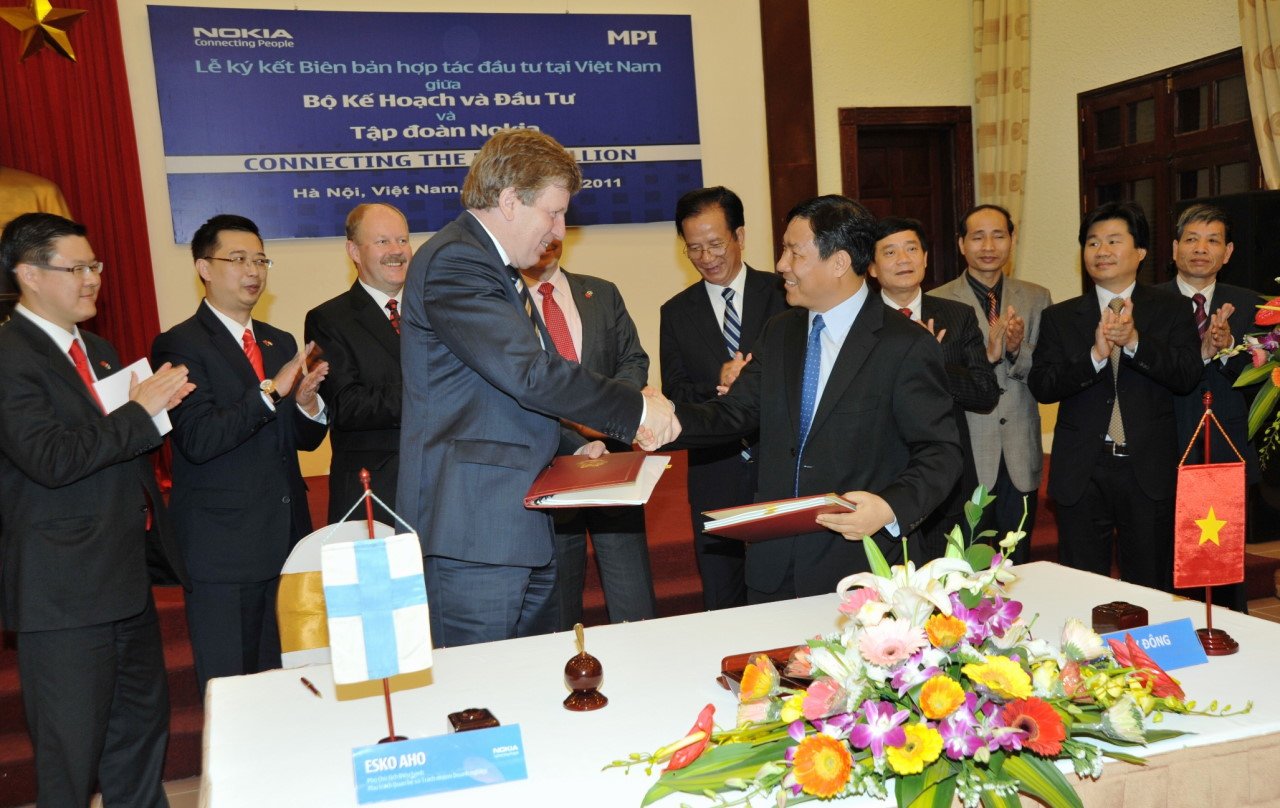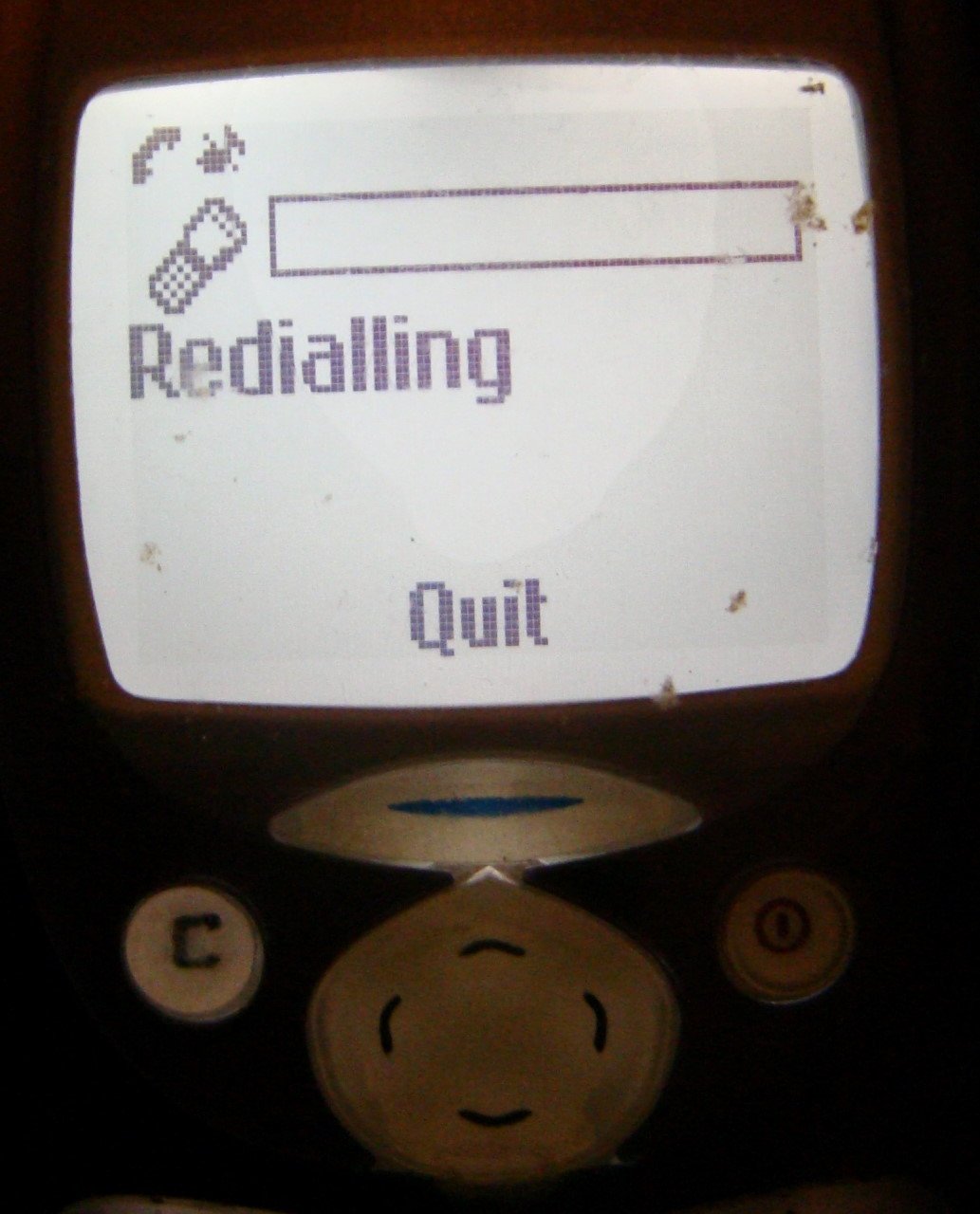Every day technology changes the way we live and communicate with each other. In the past, people relied on letters to learn about what was happening in the world and what was going on in the lives of their friends and family members. It was slow and inefficient, but it was all we had.
The invention of the telephone transformed the way we communicate by making our connections to other people more direct, reliable and immediate. But that was only the beginning.
The development of computer and mobile-phone technology has now revolutionised not only how we communicate with others but how we live and work.
GeoChat, a collaborative tool developed by the Google-funded international NGO InSTEDD (Innovative Support to Emergencies, Diseases and Disasters) debuted in the Kingdom in 2008. The programme helps groups stay connected through alerts relayed by SMS, email or Twitter feeds.
GeoChat enables rapid response teams in the public health sector to improve early detection of, preparedness for and response capabilities to health or natural disasters.
Suy Channe, a product manager at InSTEDD, explained how the system works. If any member of a specified group sends a message by a mobile phone, Twitter feed or email account that has been configured for use with GeoChat, the message will be sent to all members of the group, she said, adding that if the user has also set a specific location, the message will appear on map that can be viewed from the GeoChat website.
“I expect that in 2011, we’ll expand our tasks in the Kingdom and within neighbouring countries to help all institutions working in the field of health and disaster management to benefit from this technology.”
Cambodia’s Ministry of Health has been practising with the GeoChat system since 2009 with the aim to implement the technology on a national level to communicate swiftly with provincial offices in times of crisis.
“Dealing with communicative diseases requires the quick exchange of information. It is beneficial and important for the ministry and for the people of Cambodia,” said Sok Touch, director of the Communicable Disease Control Department at the Ministry of Health.
While GeoChat helps health professionals protect people’s lives, other technologies focus on making people’s lives easier by simplifying daily tasks.
Companies such as the ANZ-owned WING have harnessed technology to make it easier for people to transfer money via text message without the hassle of waiting in line at a bank.
Launched in 2009, the WING mobile money transfer service has made it much more convenient for subscribers, particularly in rural provinces, to send money safely and cheaply.
Peng Liya, a marketing executive at WING, said the service has given people a safer alternative to sending money to the provinces via minibus or taxi driver. After receiving a text message, a subscriber can go to any of 500 WING agents across the country, including mobile-phone shops, grocery stores, micro-finance institutions and others to receive transferred money.
“In the past, garment workers have worried that their money would be stolen from their rooms, but WING can assist them in sending the money safely to their parents in the provinces. And it allows parents to send money safely to their children who might be studying in Phnom Penh.”
As of September, WING had partnered with two-thirds of mobile phone service providers, excluding Mobitel, Beeline and Excel, and attracted more than 150,000 users.
WING also provides a bill pay service that allows residents of Phnom Penh and Kandal provinces to pay their electricity bills by text message. Users can also top up their phone anywhere and any time, Peng Liya said.
Mobile banking is growing in popularity throughout Southeast Asia. In the Philippines, about 8 percent of the country’s unbanked population have subscribed to some form of mobile banking, according to a McKinsey report in February.
“Today, only about 45 million people without traditional bank accounts use mobile money, but we expect this number could rise to 360 million by 2012 if mobile operators were to achieve the adoption rates of some early movers,” the report said.
Mobile-phone technology has also had a big influence on the way people do business in Cambodia.
The Electronic Market Communication System uses text messages to help business people and farmers stay up to date on market information, including prices of agricultural goods, exchange rates and market demand for specific goods.
“In business, we need to have up-to-date information on the markets. This is very important,” said Chan Nora, a secretary of state for the Ministry of Commerce.
In an interview with Lift in July, Khath Chen, the deputy chief of market management for EMCS, said the system makes communication between buyers and sellers much easier. “Using messages is not as hard as using the internet, and system users do not have to know much English,” he said.
“We provide workshops to farmers and traders and distribute guidebooks that contain product codes so farmers will have easy access to the system.”
New technology doesn’t always work the way it is designed to, and any new idea is bound to face challenges as we look for better ways to live and work. EMCS is no different.
Network problems and the cost of sending text messages has prevented EMCS from truly taking off, Khath Chen admitted, but he remains optimistic that future technology will bring farmers greater access to knowledge that will benefit their livelihoods.
“If there is support, we will be able to disseminate more information to farmers, and everyone will be able to use the system.”
by: Dara Saoyuth & Koam Tivea
Additional Report by: Sun Narin
This article was published on Lift, Issue 41 published on October 20, 2010
You can also read the article on the Phnom Penh Post website by Clicking Here

